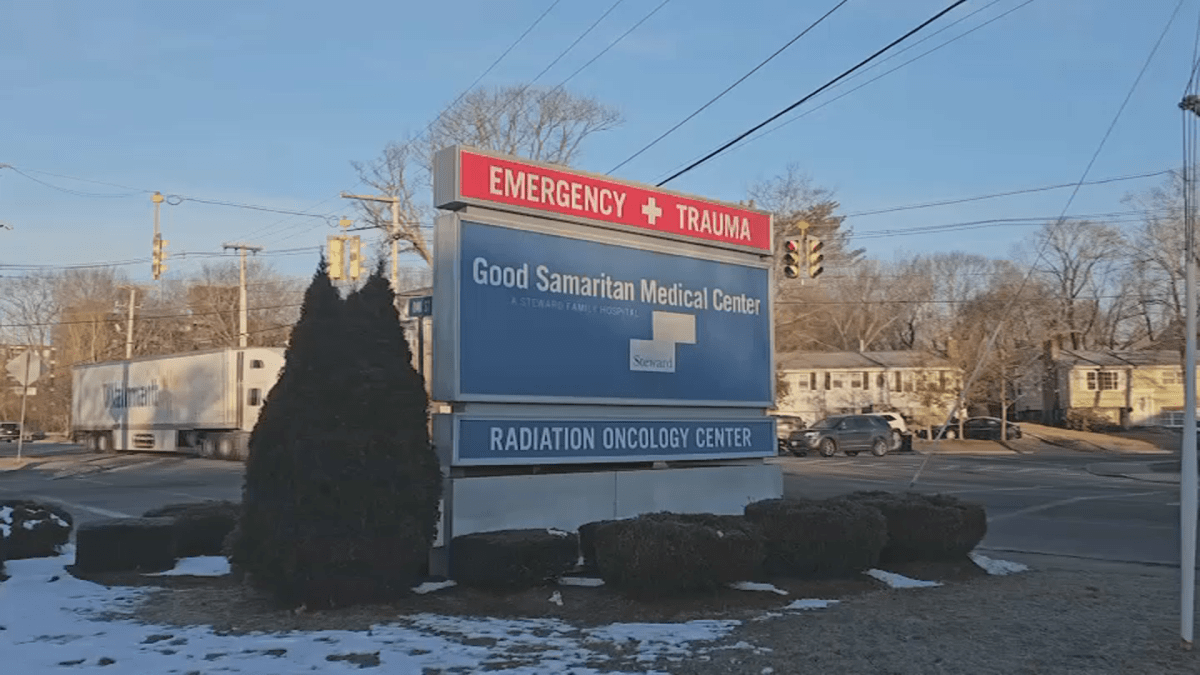In recent years, North Carolina has experienced a rise in mosquito activity, leading to increased health risks due to the diseases they can transmit. According to Michael Reiskind, an entomology professor at North Carolina State University, this is due to factors like global warming, changes in land use, and invasive species. These factors have led to a different mosquito landscape compared to several decades ago.
Climate Central’s analysis showed that the Southeast has the most annual mosquito days, accounting for nearly 60% of the year. The Raleigh area specifically has experienced a 27-day increase since 1979 in conditions conducive to mosquito activity, with specific humidity and temperature ranges. This extended mosquito season can contribute to the spread of diseases like West Nile and Zika.
In light of this, the North Carolina Department of Health is launching a “Fight the Bite” campaign as part of Tick and Mosquito Awareness Month in April. The campaign aims to raise awareness about the risks of vector-borne diseases and educate residents on preventive measures. To reduce the risk of mosquito-borne illnesses, experts recommend using repellants containing DEET, wearing protective clothing, maintaining window screens, and eliminating sources of standing water where mosquitoes breed. This campaign emphasizes the importance of proactive measures to protect against mosquito-related health threats, especially for those traveling to regions where exotic mosquito-borne diseases are prevalent.



